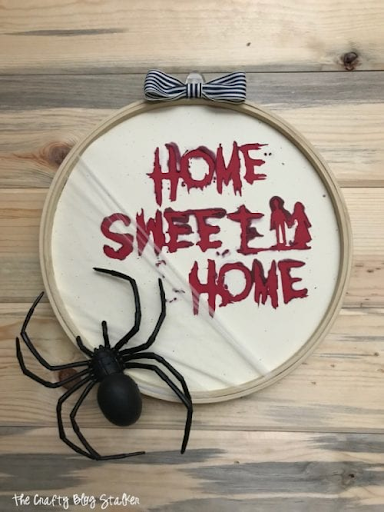To many, spiders are one of the scariest things out there. The sight of a tiny house spider will send people running in terror. The rare occasion of encountering a venomous spider will leave some of us concluding the only option is to kill it with fire and then abandon the home. How do we keep these tiny monsters — with too many eyes, too many limbs, and being all creepy — out of the home in the first place?
Before declaring total war, it’s best to take some time to understand your foe.
While there is ample variety among arachnids, all spiders are predatory — most feed on small insects. Spiders are usually grouped according to their method of hunting. Some spiders build webs to ensnare their next meal (or unsuspecting humans?), others are passive hunters that ambush passers-by, while still others actively hunt their prey.
Like ladybugs or praying mantises, most spider species should be considered beneficial to homeowners because they reduce the number of insects in our living spaces. In fact, without them we would be overrun by bugs!
It’s more than just their alien features that make us instinctively flee from spiders. Some spiders can cause serious health problems (aside from the fear-induced spikes in heart rate and blood pressure). These include the brown recluse, the black widow, and aggressive house spiders, whose bite can pose a serious threat to one’s health.
To defeat spiders, you must learn to think like one.
Spiders have needs similar to ours. They are attracted to a home if it has an abundance of food — insects. They also need shelter, and the structures in and around your house can be the perfect place to set up their new residence. The presence of moisture can be a big bonus for spiders, particularly in dry climates. Limiting their food, shelter, and water can persuade spiders to move out — or never move in in the first place.

https://thecraftyblogstalker.com/home-sweet-home-halloween-decoration/
Make Your Home Less Spider Friendly
Seal Entryways
Spiders find their way into your home around doors, windows, pipes, and vents that aren’t perfectly sealed. Replacing worn weather stripping, caulking around windows, and placing screens over weep holes can dramatically reduce the number of entry points around your home and, thus, the number of spiders.
Manage Outdoor Lighting
Is your outdoor lighting really keeping you safe? Many insects are drawn to bright lights, and so spiders are also drawn to these areas that they see as prime hunting grounds.
Flying insects are particularly attracted to fluorescent, UV, and blue lights. They are less attracted to warm/yellow lights. Opt for warm LEDs for your outdoor lights to attract fewer bugs and therefore fewer spiders. Where possible, position your lights to minimize lit surfaces close to windows and doors, and ensure that those entryways are completely sealed.
Keep Things Tidy
If you were a spider, where would you hunt for food in your home? Spiders and their prey thrive in untidy areas. Your dirty garbage bins, for example, can be a prime target for bugs. Cluttered storage areas such as the garage, attic, or laundry room are very attractive to spiders.
Inspect Regularly
You should regularly inspect your home and eliminate any webs you find. A vacuum with a hose attachment works great for this, with the bonus that it will often remove the spiders as well as the webs.
As we mentioned earlier, not all spiders utilize a web. The widely-feared brown recluse is one such passive hunter. Spider and insect traps can help you monitor or control areas of your home. Strategically-placed sticky straps can remove a significant number of spider populations, particularly in sensitive areas where insecticides cannot be used.
If You Don’t Like Spiders, Call the Professionals
The technicians at TriGuard Pest Control can kick those spiders invading your home to the curb. Our technicians can apply a crack and crevice treatment, as well as laying sticky traps to control bugs or spiders in the home.
Better yet, prevent spiders and other bugs becoming a problem in the first place with TriGuard’s prevention services.



